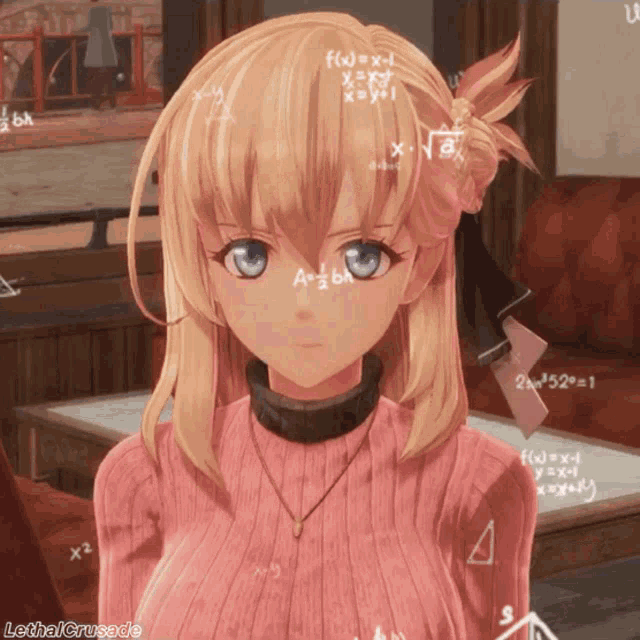Men_in_Boxes
Snake Oil Salesman
Some random blobs as data points...
1. 2016: Overwatch reigns. 2017: PUBG and Fortnite eat its lunch.
2. In 2017, Lawbreaker flops. Slower games Valorant & CSGO thrive.
3. In 2017, Zelda Breath of the Wild launches and focuses on open, players go their own pace, exploration based gameplay to huge success.
4. In 2021, Returnal underperforms.
5. The Suicide Squad and Helldivers 2 go head to head. RD1 KO.
6. Doom The Dark Ages is revealed showing a noticeable downshift in player speed from Doom Eternal.
7. 8/10 games in Steams top 10 charts can be classified as slower paced. (Exceptions: Apex Legends, TF2)
8. Action movie arena shooter The Finals teeters close to the line.
9. PlayStation readies the release of Concord, many calling it a slow shooter.
Question: Are we starting to see a trend that shows players prefer a relatively slow run speed in their games? If not run speed, but a limit to APM (actions per minute) in their games?
The music industry learned that pop songs have to fall between 100 and 140 beats per minute to go big. Is the gaming industry figuring out it's APM pace, or is this just crazy cherry picking?
1. 2016: Overwatch reigns. 2017: PUBG and Fortnite eat its lunch.
2. In 2017, Lawbreaker flops. Slower games Valorant & CSGO thrive.
3. In 2017, Zelda Breath of the Wild launches and focuses on open, players go their own pace, exploration based gameplay to huge success.
4. In 2021, Returnal underperforms.
5. The Suicide Squad and Helldivers 2 go head to head. RD1 KO.
6. Doom The Dark Ages is revealed showing a noticeable downshift in player speed from Doom Eternal.
7. 8/10 games in Steams top 10 charts can be classified as slower paced. (Exceptions: Apex Legends, TF2)
8. Action movie arena shooter The Finals teeters close to the line.
9. PlayStation readies the release of Concord, many calling it a slow shooter.
Question: Are we starting to see a trend that shows players prefer a relatively slow run speed in their games? If not run speed, but a limit to APM (actions per minute) in their games?
The music industry learned that pop songs have to fall between 100 and 140 beats per minute to go big. Is the gaming industry figuring out it's APM pace, or is this just crazy cherry picking?




